As we all know by now, the pandemic distorts time like a concertina. Life before March is a world that seems too distant, an image viewed down a telescope held the wrong way — yet there are moments when the months retract into almost hours. We are still castaways in London, still waiting for the airspace to open so that we can fly home to Kenya. I feel glum about it, then remember how my father was marooned for 12 years in southern Arabia and Africa on either side of the war. He missed his mother, as I do, sitting in his mud tower on the edge of the Empty Quarter listening to Churchill on the wireless broadcasting about faraway battles. Letters arrived every few weeks or months and he just got on with his adventures.
These days one’s physical disappearance means very little so long as you can talk to people at all hours of the day. This reminds me of the escapades of legendary Kenyan beauty Yolanda McIntyre made famous by her cameo role in the movie Out of Africa, when she slips out of the Muthaiga Club with Bror Blixen and leaves her knickers on the back seat of the jalopy for Meryl Streep to find. But her adventures began way before that. When she was 14, and it was time to head back to Millfield at the end of the school holidays, her mother said goodbye at Nairobi airport. Yolanda, accompanied by a child named Michael, flew cattle class on EgyptAir. This was in 1972. After they landed in Cairo, where they were to switch planes, a man in a fez came up and announced that no flights would be connecting to London for a week. The children had no money and it was four o’clock in the morning.
After wandering around the airport, Yolanda and Michael decided to jump on to a bus full of chickens and somehow this took them right up to the gates of the British embassy. Turn up at the doors of our diplomats these days, even during working hours, and about the only things you can expect are a body search and po-faced advice to go away and check the FCO’s website. But in those days the ambassador to Cairo was Sir Dick Beaumont, one of those now long gone British Arabist diplomats known as the last of the dragomans. Nobody knew who these scamps from Kenya were but after listening to their tale Beaumont flung open his doors and welcomed the youngsters in. The British were so excited to have visitors that Michael went off to stay in the ambassador’s residence, while Yolanda lodged in great comfort with the Consul.
The two children spent the following days in a whirlwind of activities laid on by the embassy: galloping horses across the desert between the pyramids at Giza. Felucca rides down the Nile at dusk. The youngsters were invited to several cocktail parties where they learned to drink champagne. Clutching fistfuls of Egyptian pounds handed to them by the kindly envoy, they were accompanied to the Khan el-Khalili, the grand bazaar, for shopping trips. It was here that Yolanda — who grew up to be a renowned interior designer — became entranced with all the treasures, textiles, jewellery and knick-knacks that filled all the shops in the souk.
Finally the week in Cairo came to an end and after emotional farewells the children were returned to the airport, where they were in time for their flight to Heathrow. On arrival at Millfield, the headmaster summoned Yolanda to his study and asked why she had turned up late at school. She earnestly related how her flight had been delayed in Cairo and when her story was over the headmaster said what a lot of nonsense it was and told her to run along. In those days, nobody thought it was worthwhile making a telephone call to warn family or school that two children had vanished for seven days en route from Africa to England.
Several weeks later, Yolanda’s mother Elena Brooke-Edwards — a formidable matriarch from the Basque country — was amazed to receive a postcard of the Sphinx with colourful Egyptian stamps and a message written in her daughter’s hand. ‘Dear Mummy. Having a lovely time in Cairo. Please repay the twenty pounds the Ambassador has loaned to me. I have bought some green jalabiyas and some silver bracelets and necklaces. Love Yoli.’ Elena paid promptly — and Yolanda says her week in Cairo changed the course of her life.
Got something to add? Join the discussion and comment below.
Get 10 issues for just $10
Subscribe to The Spectator Australia today for the next 10 magazine issues, plus full online access, for just $10.
You might disagree with half of it, but you’ll enjoy reading all of it. Try your first month for free, then just $2 a week for the remainder of your first year.


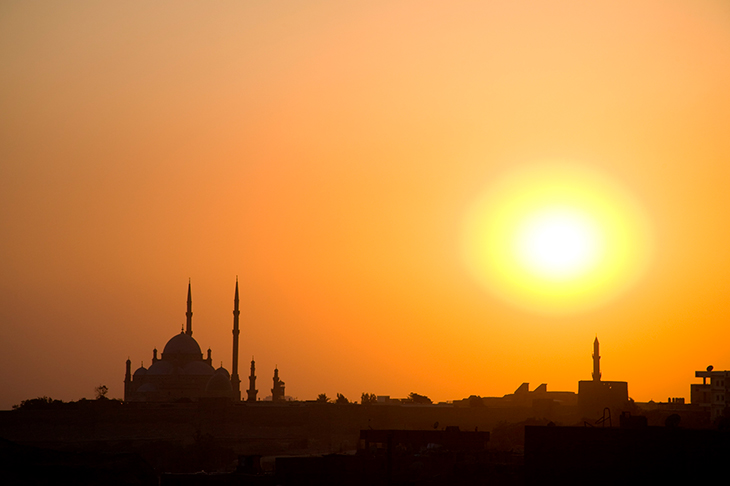
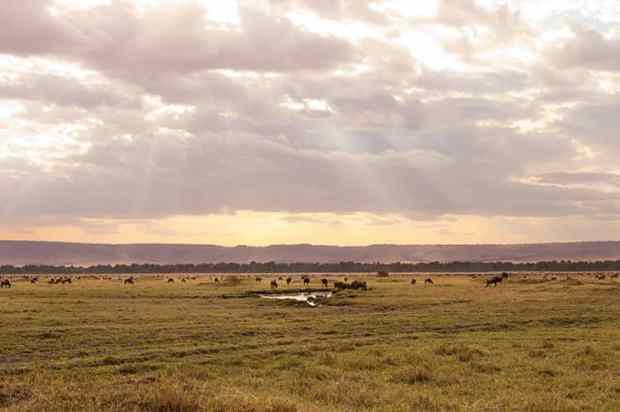
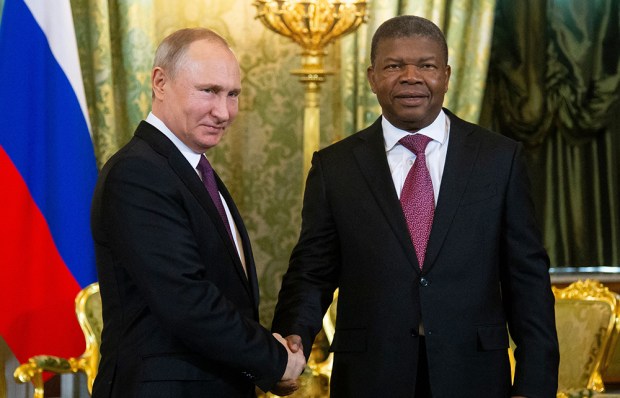
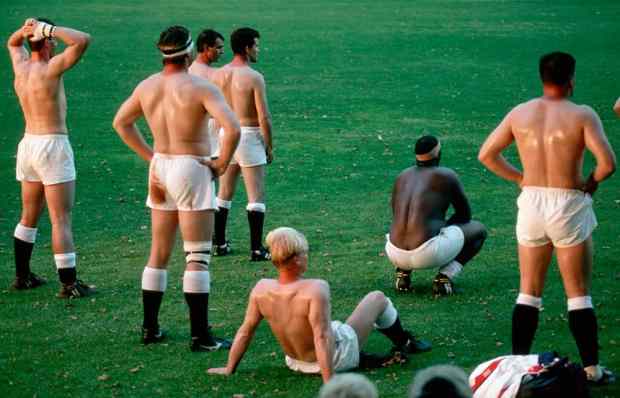
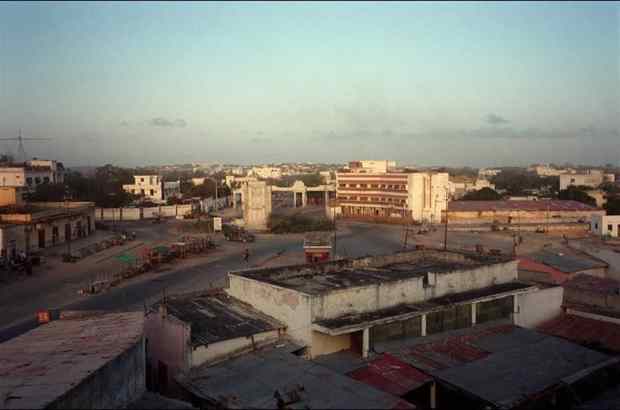
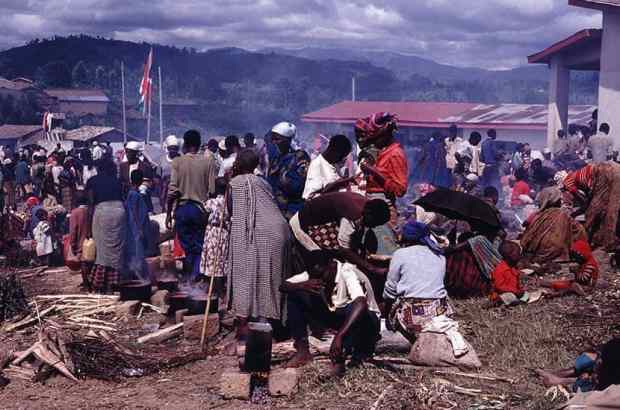
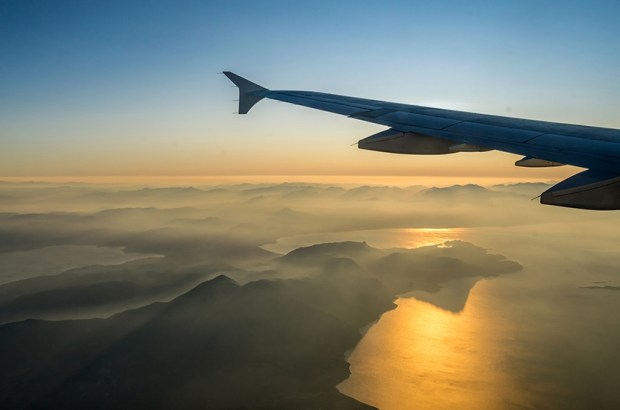






Comments
Don't miss out
Join the conversation with other Spectator Australia readers. Subscribe to leave a comment.
SUBSCRIBEAlready a subscriber? Log in